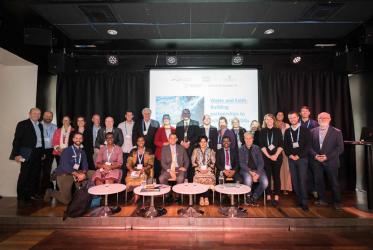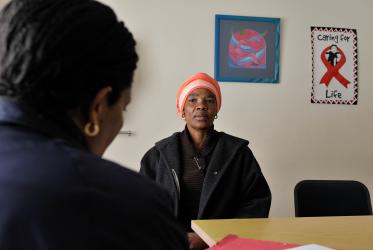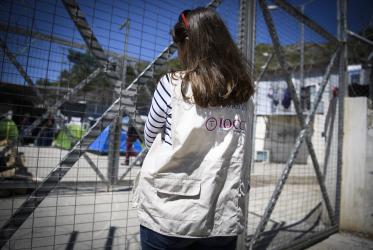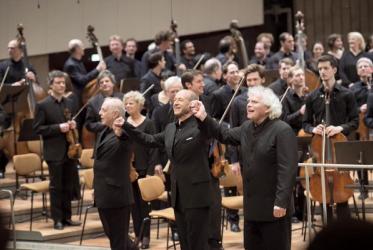Displaying 81 - 100 of 124
Gender-based violence concerns ‘all of humanity’
11 July 2017
G7 must address famine
22 May 2017
WCC Blue Community implements water changes in the Ecumenical Centre
16 February 2017
Local work by faith-based groups key to ending AIDS
27 June 2016
Winners of WCC photo contest announced
09 May 2016
Refugees in Berlin get dose of culture
10 March 2016
Afghan filmmaker sees Berlin as home — for now
10 March 2016
"I hit the ground running": Katalina Tahaafe-Williams
16 February 2016
WCC convenes strategic meeting on sustainable development goals
11 February 2016
Fleeing from – rather than to – a place
10 February 2016
Thomas de Maizière: On the frontlines of refugee integration
20 January 2016












